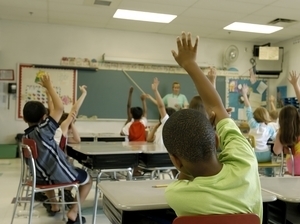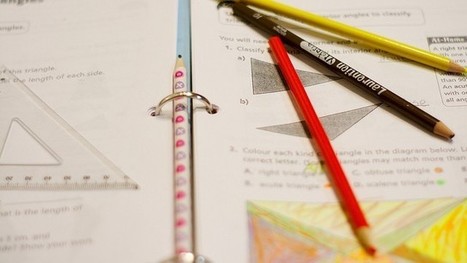Do you allow students to answer a question with the response "I don't know" in the classroom? Perhaps you should consider no longer allowing that phrase and instead offering up these five other ways that might get students thinking a bit more.
Research and publish the best content.
Get Started for FREE
Sign up with Facebook Sign up with X
I don't have a Facebook or a X account
Already have an account: Login
Tech tools that assist all students to be independent learners & teachers to become better teachers
Curated by
Beth Dichter
 Your new post is loading... Your new post is loading...
 Your new post is loading... Your new post is loading...

Spice Wang's curator insight,
November 18, 2013 5:50 PM
Right expectation let students have clear understanding of what they are supposed to achieve and behave. Hence, a right expectation is a good start of classroom management. |

Phil Turner's curator insight,
October 8, 2013 6:49 PM
A question of study rather than memorising ... how a student of a topic goes about constructing meaning and negotiating understanding. 
Mary Cunningham's curator insight,
October 13, 2013 12:13 PM
This is a great article about ensuring that students understand the mechanics of their own learning. |












5 Better Ways To Say 'I Don't Know' In The Classroom
1. May I please have more information?
2. May I have some time to think?
3. Would you please repeat the question?
4. Where could I find more information about the?
5. May I ask a friend for help? Good ideas!
How do you engage the student when he/she says "I don't know"?